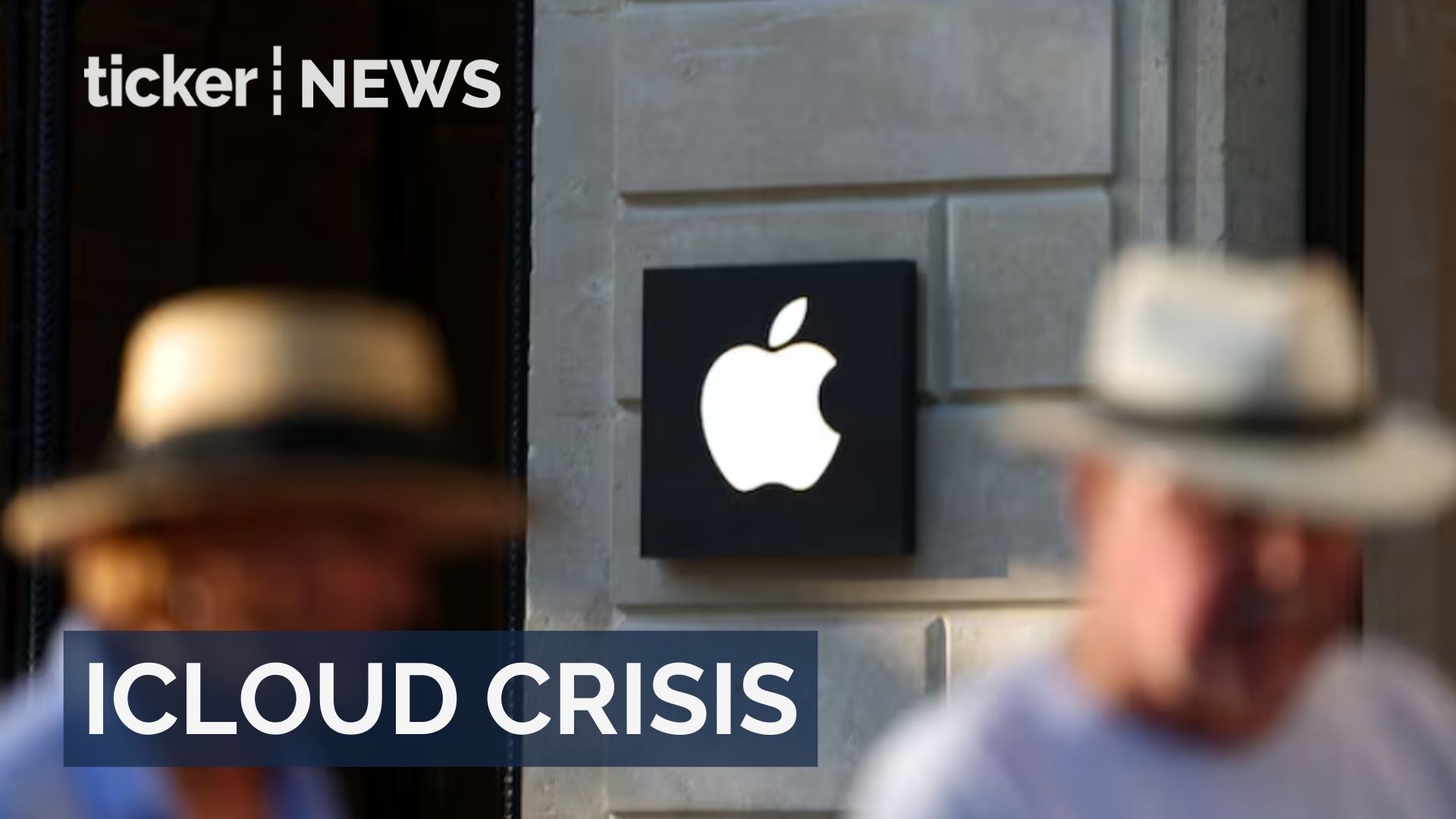Tech
Apple shifts iPhone production to India by 2026
Apple plans to shift most iPhone production to India by 2026, reducing tariff risks amid geopolitical tensions.

Tech
Apple’s next AI wearables could change how we use tech
Apple is launching smart glasses, an AI pendant, and camera-equipped AirPods with upgraded Siri by 2027.
Tech
Sam Altman predicts superintelligence could appear by 2028
Sam Altman warns superintelligence may arise by 2028, advocating for global cooperation and a new governing body for AI.
Tech
Apple faces legal action as West Virginia sues over child safety
West Virginia AG John McCuskey sues Apple for failing to block child abuse material on iCloud and iOS devices.
-



 Tech3 days ago
Tech3 days agoSam Altman predicts superintelligence could appear by 2028
-



 News3 days ago
News3 days agoAndrew Mountbatten-Windsor released after 12-hour questioning
-



 News4 days ago
News4 days agoUkraine Russia peace talks stall with no breakthrough
-



 Money3 days ago
Money3 days agoOil hits seven-month high, and gold surpasses $5,000 amid US-Iran tensions
-



 Tech4 days ago
Tech4 days agoZuckerberg testifies on social media addiction and child safety
-



 Ticker Views5 days ago
Ticker Views5 days agoCan diplomacy survive the Iran-US nuclear standoff?
-



 Ticker Views3 days ago
Ticker Views3 days agoPrince Andrew arrested: What it means for the Royal Family
-



 News3 days ago
News3 days agoBill Gates withdraws from India AI Impact Summit before keynote






